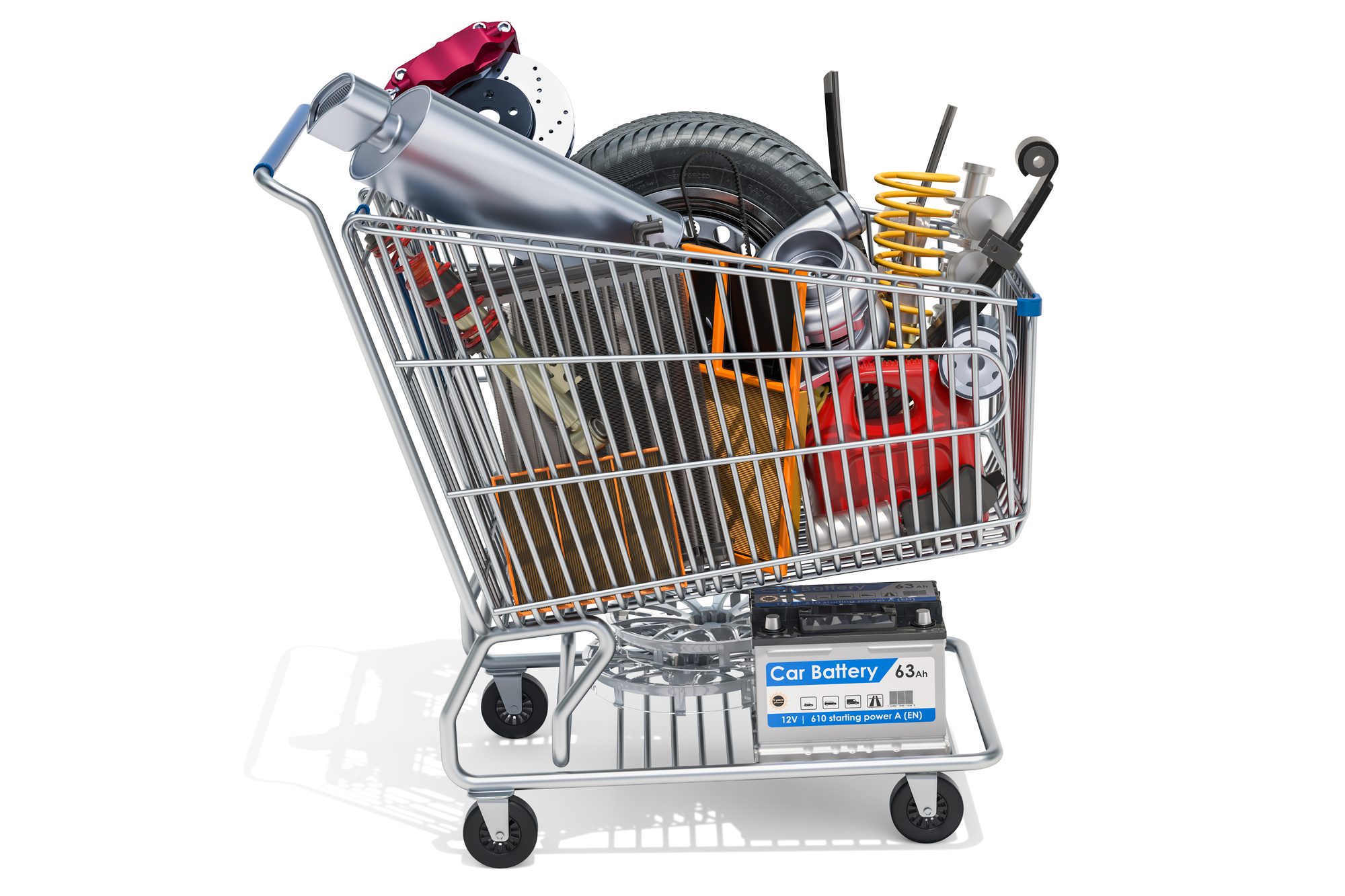Smarter DIY Repairs: 5 Pro Tips for Buying Parts for Your Car
When you buy a car, you can’t forget the impact that the cost of maintenance could have on your budget.
With the average car repair costing around $600, car maintenance can be costly if you’re forced to pay full price for parts and labor.
That’s why it can be much cheaper for you in the long run if you’re buying parts and repairing your vehicle yourself, but only if you know how to find the parts.
Let’s run through 5 useful tips to help you buy car parts quickly and cheaply.
Conduct Online Research
You’ll need to know what parts you need to buy first, either by taking your vehicle to a mechanic or completing an inspection yourself. Once you know, you can start your research to find the best part from the best retailer.
Start by checking major car part retailers online, both locally and nationally. Consider part prices, as well as different manufacturers for the parts you need. Consider the difference in price between used and new parts, too.
If you’re on a tight budget, check out LS Swap Parts to help you find the best, used auto parts online.
Check Your Part Numbers
Before you make any purchases, you need to be completely sure of the parts you need – and whether the parts you buy are correct.
If you’re buying online, you should be able to research the part based on its part number, verifying that its correct for your car. If you’re buying locally, and especially if you’re buying used, you should phone or e-mail to check the part is available.
If it’s a rare part, or the stock is limited, you should try to reserve it for purchase.
Find the Best Price (And Don’t Be Afraid to Haggle)
Whether you’re buying used or new, you shouldn’t be afraid to speak to different part retailers to find the best price.
You don’t want to pay more than you have to, so see if you can haggle on price. Of course, this will depend on the condition of the part you’re looking to buy. You can’t expect to pay used prices for new.
If you can find a part at a cheaper cost online, you could mention this to a local part retailer to see if they will match the price.
Buying Used? Check the History
Buying used is going to cost you less than if you buy parts new, but before you make the decision to buy a used part, you’ll need to look at its history.
How did the part end up for sale, and what were the circumstances? If the part was taken from a damaged vehicle, for instance, has it been suitably repaired?
You should also ask about the age of the part and whether you’ll have any warranty on the part if you buy it.
Safety and Returns
Used or new, you need to consider your safety when you buy a part.
If the part plays an important part in your vehicle, you shouldn’t always go for the cheapest. You might find it better to buy a new part from a dealership rather than risk your safety with something that could have an increased failure risk.
If a part does fail quickly, do you know if you will be able to return the part? Ask the retailer or dealership about your rights to have the item replaced, or whether you can receive a refund. Check any sales terms before you pay.
Once you’ve bought your cheap car parts, you’ll need to know how to make the repairs. If you’re thinking about trying out some DIY car maintenance, then find the service repair manual for your vehicle to help guide you.
Buying Parts for Your Car Should Be Easy
If you want to start buying parts for your car, don’t make it difficult for yourself.
Do your due diligence by searching for the best prices online and by visiting local dealers. Make sure you buy the right parts by double checking the serial number for the parts you need against what you’re looking to buy.
If you need a refund, make sure the retailer has effective refund policies so you aren’t stuck with a part you can’t use or don’t need.
Check out some of our other automotive maintenance articles for more tips and tricks on repairing your vehicle.


